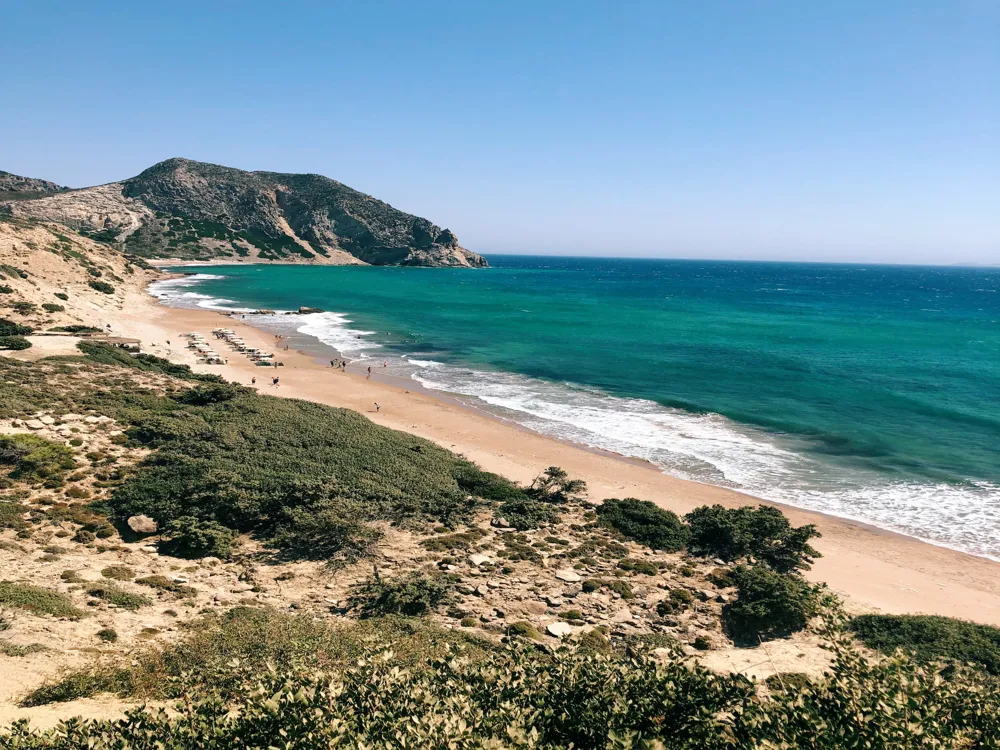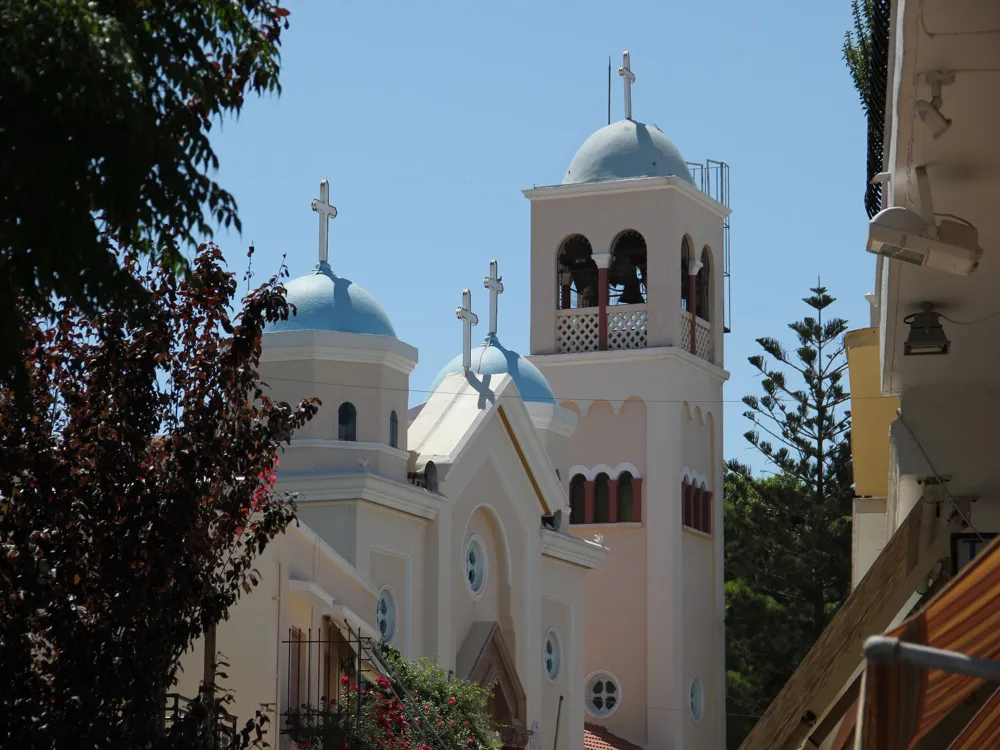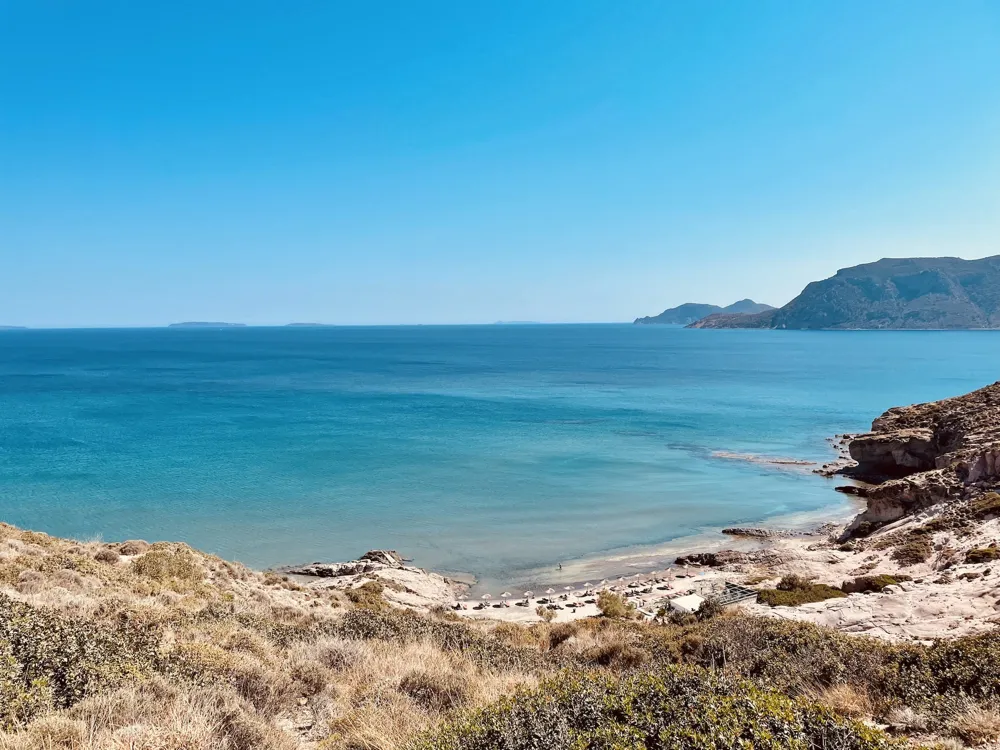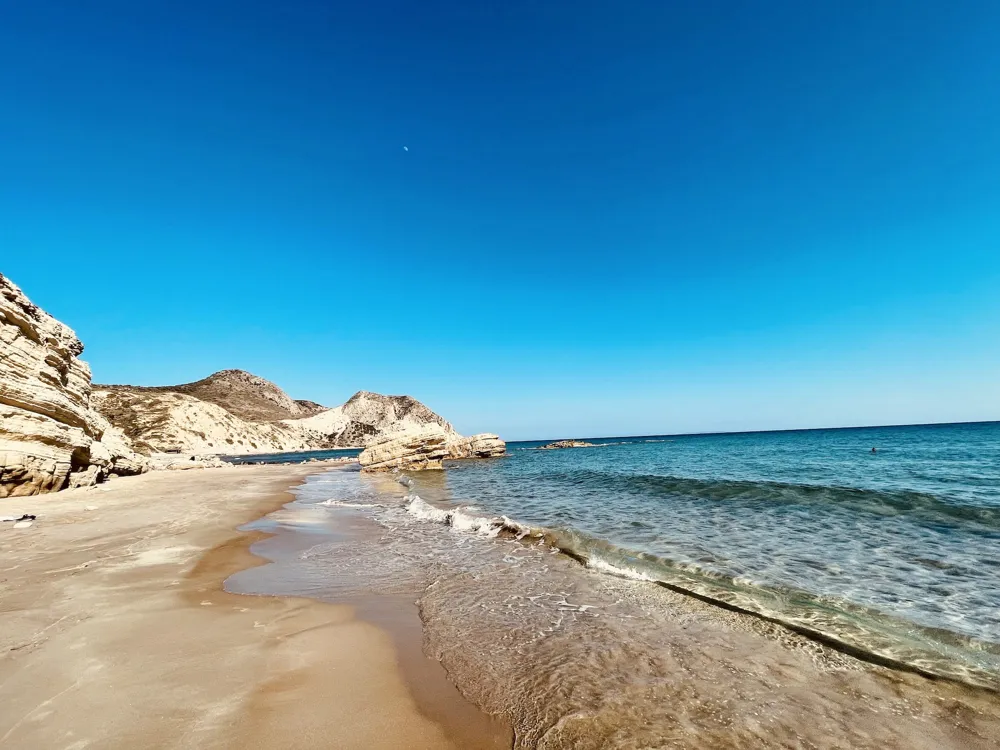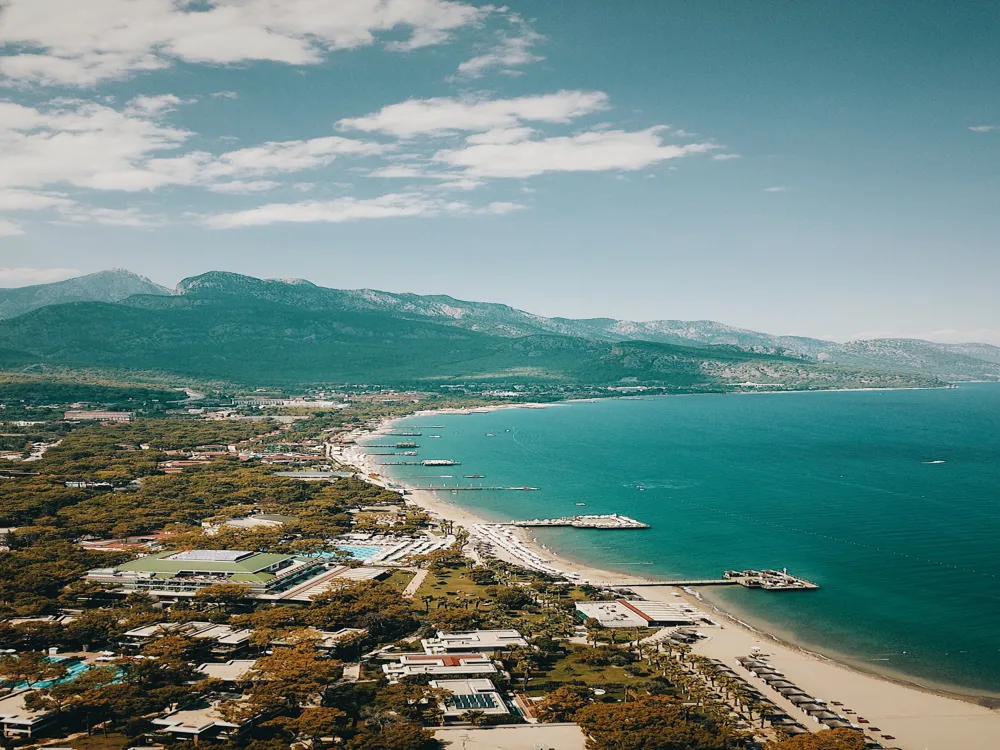Best Time To Visit Kos
Greece
8 out of 50 Places to visit in GreeceNaN onwards View Packages
Get Customized PackagesThe Land of Diversity
Top Hotel Collections

Private Pool

Luxury Hotels

5-Star Hotels

Pet Friendly
What is the Best Time to Visit Kos?
Kos, a gem in the Aegean Sea, beckons travelers with its rich history, stunning landscapes, and vibrant culture. Planning a visit to this Greek island requires careful consideration of the best time to visit to ensure an unforgettable experience.
More about the Best Time to Travel to Kos
When it comes to visiting Kos, timing is everything. Let's delve into the specifics of the island's travel seasons to help you plan your trip seamlessly.
Travel Peak Season in Kos
Peak season in Kos spans from June to August, drawing visitors with warm temperatures, clear skies, and a lively atmosphere. During this time, the island is abuzz with activities, ranging from cultural festivals to beach parties. The crystal-clear waters and vibrant nightlife make it an ideal period for those seeking a lively and energetic vacation.
Travel Offseason in Kos
On the flip side, the offseason, extending from November to February, offers a different charm. The island embraces a serene ambiance with fewer tourists, allowing for a more intimate exploration of its wonders. While some attractions may have reduced operating hours, the tranquility and mild weather make it an excellent choice for those desiring a quieter experience.
Kos Travel Packages
View All Packages For Kos
Kos Weather in Winter (November – February)
Kos Weather in November
November marks the beginning of winter in Kos, bringing cooler temperatures and occasional rainfall. However, it's an excellent time for cultural exploration, as museums and historical sites remain open.
Kos Weather in December
December in Kos continues the winter trend, with mild temperatures and a chance of rain. The festive season adds a touch of magic to the island, making it an appealing destination for holiday enthusiasts.
Kos Weather in January
January sees the coldest temperatures in Kos, but it's also a time of tranquility. With fewer tourists, you can explore the island's beauty at your own pace.
Kos Weather in February
As winter begins to wane, February in Kos offers milder temperatures, making it a transitional period into the more bustling spring season. It's an ideal time for those who prefer a balance between tranquility and exploration.
Kos Weather in Summers (March to June)
Kos Weather in March
March ushers in the spring season, bringing warmer temperatures and blooming landscapes. It's a fantastic time for outdoor activities and sightseeing without the summer crowds.
Kos Weather in April
April offers delightful weather, making it perfect for beachgoers and outdoor enthusiasts. The island starts to come alive with vibrant colors and a myriad of cultural events.
Kos Weather in May
May is a sweet spot for travelers, with warm temperatures and the island in full bloom. It's an excellent time to indulge in outdoor adventures and explore Kos's diverse landscapes.
Kos Weather in June
June signals the beginning of the peak season, with warm temperatures and an abundance of activities. From beach parties to cultural festivals, Kos is alive with energy during this month.
Kos Weather in Monsoon (July – October)
Kos Weather in July
July marks the height of summer, bringing sizzling temperatures and a lively atmosphere. It's the perfect time for sun-seekers and those looking to immerse themselves in the island's vibrant culture.
Kos Weather in August
August continues the summer fervor, with hot temperatures and a bustling social scene. The beaches are in their prime, attracting travelers from around the globe.
Kos Weather in September
September offers a more relaxed atmosphere as the summer crowds start to dwindle. The weather remains warm, making it an excellent time for a leisurely exploration of the island.
Kos Weather in October
As October unfolds, the temperatures begin to cool, signaling the end of the peak season. It's a transitional period, allowing visitors to enjoy the remnants of summer while embracing a quieter ambiance.
In conclusion, choosing the best time to visit Kos depends on your preferences. Whether you seek the vibrant energy of the peak season, the tranquility of the offseason, or the pleasant transitions between seasons, Kos has something to offer year-round.
Places To Visit In Kos
Nearby Places Kos
Kos Photos
View All Photos For KosBrowse Package Collections
Browse Hotel Collections
Faq
Q1: When is the best time to visit Kos for ideal weather?
A1: The best time to experience pleasant weather in Kos is during the spring (April to June) and fall (September to October) months. Temperatures are mild, and you can enjoy outdoor activities without the extreme heat.
Q2: What is the peak tourist season in Kos?
A2: The peak tourist season in Kos is during the summer months, from July to August. During this time, the island experiences high temperatures and increased tourist traffic. It's ideal for sunbathers and water sports enthusiasts.
Q3: Are there any specific events or festivals that make certain months more attractive to visit?
A3: Yes, the Hippocratic Regatta in late June and the Kos International Music Festival in July are notable events. If you enjoy cultural festivities, consider planning your visit around these dates.
Q4: Is it advisable to visit Kos during the winter months?
A4: While Kos experiences a mild winter, with temperatures ranging from 10°C to 15°C, some tourist amenities may be limited. It's a quieter time, suitable for those seeking a more serene experience.
Q5: Are there any considerations for budget travelers regarding the timing of their visit?
A5: Traveling in the shoulder seasons (spring and fall) generally offers better deals on accommodations and activities. Avoiding the peak summer season can help budget-conscious travelers save on expenses.

